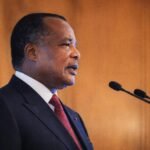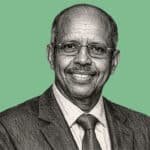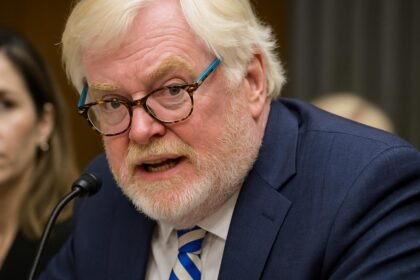A dismissal that speaks volumes
Appointed barely four months ago, US Army Brigadier General Jami Shawley—the first woman to head the Africa section of the National Security Council—was dismissed by the White House on 9 June 2025. Advisers say the decision came without warning, coinciding with an executive order that erased the Africa directorate and folded it into the Middle East bureau. The Africa Report calls the move “the most spectacular downgrading of the Africa file since the end of the Cold War.”
An equivocal bureaucratic merger
Officially, the White House cites a need to “streamline decision-making” and “reduce budgetary overlap.” In practice, the new “Middle East & Africa” entity has neither a published organigram nor a designated chief. Specialised media report that retired officer Wayne Wall, recently promoted to director for the Middle East, may serve as acting head, despite no demonstrated Africa expertise. This vacancy contrasts with Donald Trump’s repeated State of the Union pledge to “treat Africa as a strategic partner.”
The signal to African capitals
Already bruised by the partial suspension of the African Growth and Opportunity Act and higher US tariffs on South-African aluminium, bilateral relations could suffer from a single overstretched interlocutor distracted by Gulf crises. “The merger will mechanically push Africa out of the first decision-making circle just as Sino-Russian competition intensifies,” warns analyst Landry Signé in Riotimes. The impression of neglect is amplified by last month’s State Department restructuring plan, which may eliminate up to fifteen per cent of Africa-focused posts.
Beyond symbolism, what diplomatic risks?
On the security front, this downgrading comes as the Sahel is shaken by a cascade of coups and the growing presence of Russian paramilitary groups. In congressional testimony, Acting Under Secretary of Defense for International Security Policy Katherine Thompson admitted that “aligning our priorities in Africa and the Middle East requires constant vigilance”. Yet bureaucratic convergence risks diluting resources: one team must now monitor Gulf maritime-energy security, electoral tensions in Southern Africa, and recurrent humanitarian crises in the Horn of Africa.
With a handful of signatures, the Trump presidency has enacted what many observers feared: Africa is sliding to the periphery of US strategic priorities. Stripping the continent of a dedicated voice within the NSC threatens to erode long-term American influence, just as Africa’s economic and demographic ascent accelerates. Absent swift course-correction, Beijing, Moscow and Ankara will continue to occupy the space left vacant by the United States, while African chancelleries question the real value of the partnership promised under the “America First” banner.


















